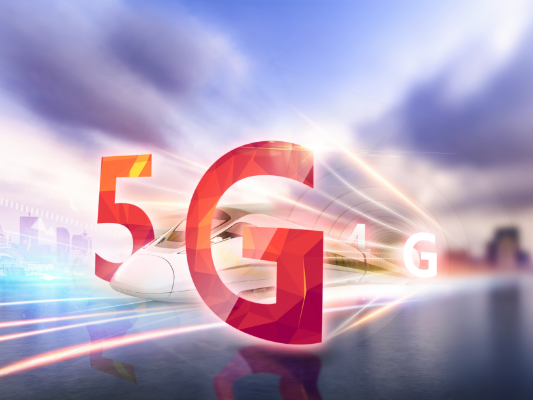New Zealand still hasn't ruled out Huawei playing a role in its major internet network upgrade if unnamed risks raised by security agencies can be mitigated,with the prime minister saying the country won't be swayed by Britain's decision in the matter.
New Zealand's Government Communications Security Bureau(GSCB)last year had told telco Spark that gear from China's Huawei,which was proposed for the rollout of its 5G network,posed an unspecified but"significant network security risk". Wellington said at the time that the ban was related to technology concerns rather than fears about Chinese government control,and Spark would have the opportunity to make changes to mitigate security risks.
Spark called the decision disappointing,but said it would not affect its plans to launch 5G by July 1,2020.On Tuesday,Prime Minister Jacinda Ardern reiterated her government's position that a process to see if the risks could be mitigated was still ongoing and that no final decision had yet been made.
"That's exactly the situation we're in right now,"she told TVNZ."The GCSB's gone back and sought that mitigation.That is independent of us.And I do hold confidence in the process."

New Zealand politicians and the GCSB have declined to publicly state what the suspected threat may be or how it may be mitigated.This week,the Financial Times reported Britain's National Cyber Security Centre had decided the security risks surrounding Hauwei's technology were manageable and that the decision could carry signficant sway for other nations.
Ardern said New Zealand would be making its own decision."It is fair to say Five Eyes[intelligence network],of course,share information but we make our own independent decisions,"she told reporters.
Last week,United States Secretary of State Mike Pompeo warned central European nations that deploying equipment from Huawei"makes it more difficult for America to be present"in those countries.
"We have seen this all around the world;it also makes it more difficult for America to be present,"Pompeo said,after announcing plans for a defence cooperation agreement with Hungary including the purchase of mid-range air defence capabilities."If that equipment is collocated where we have important American systems,it makes it more difficult for us to partner alongside them."
New Zealand policymakers have denied being pressured by Washington.At the same time last week,CNN had reported BT consumer CEO Marc Allera saying it had seen no evidence of Huawei posing a threat to security.
"Over the years that we've worked with Huawei,we've not yet seen anything that gives us cause for concern,"Allera reportedly told CNN."We work closely with a large number of bodies,government,and security.We continue to work with all of those relevant bodies to answer all the questions that are being asked right now."

This came despite BT in December saying it would strip Huawei equipment from mobile carrier EE's 3G and 4G core networks and not use the Chinese technology giant for its 5G networks.The telco at the time said it made the decision in order to bring EE in line with its legacy fixed network,which does not use Huawei technology.
"In 2016,following the acquisition of EE,we began a process to remove Huawei equipment from the core of our 3G and 4G networks,as part of network architecture principles in place since 2006,"a BT spokesperson said."As a result,Huawei have not been included in vendor selection for our 5G core."
Huawei agreed that the decision was"a normal and expected activity,which we understand and fully support",despite EE extending its 5G partnership with Huawei back in February 2018.Earlier this month,Reuters reported Huawei saying it would take three to five years and a$2 billion investment to resolve the security issues found in a British report last year.
Australian banned Huawei from 5G deployments in August last year,citing national security issues stemming from concerns of foreign government interference in critical communications infrastructure.Huawei has repeatedly denied posing a risk,with its founder Ren Zhengfei saying in January his company would rather shut down than damage the interests of customers for its own gain."We will never do anything to harm the interests of our customers,"Ren said at the time.
The Huawei founder also reiterated the company's line,from as far back as 2013,that it has never received a request from government to spy,and added that should a request be denied,it will be up to Beijing to litigate against the company."We will certainly say no to any such request,"Ren said."After writing this quote in your story,maybe 20 or 30 years down the road,if I am still alive,people will consider this quote and check my behaviour against it,as well as the behaviour of our company."





